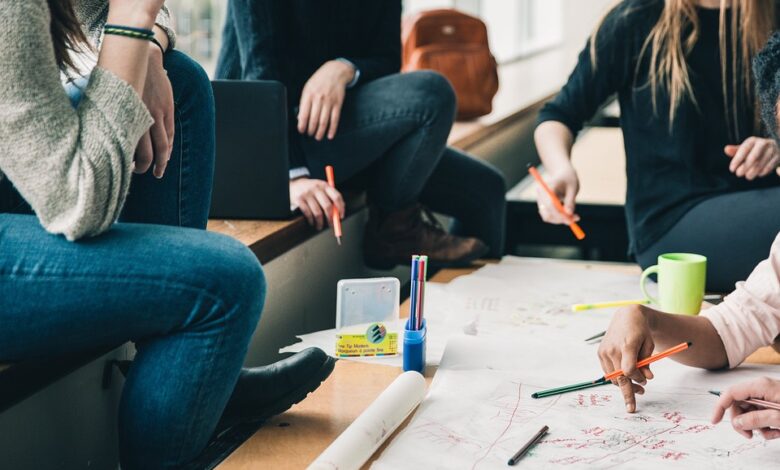Understanding Child Rights: UNICEF’s Definition and Its Importance in Safeguarding Children

Child rights can be understood as the inherent entitlements and freedoms that every child possesses. They are based on the principles of equality, non-discrimination, and best interests of the child. UNICEF, which stands for the United Nations International Children’s Emergency Fund, has been at the forefront of advocating for and protecting child rights since its establishment in 1946.
One of the fundamental aspects of child rights is the right to survival and development. This encompasses the child’s right to life, health, education, and a safe and nurturing environment. Every child should have access to quality healthcare, nutrition, and education, regardless of their background or circumstances. UNICEF works towards ensuring that children have access to these basic necessities and have equal opportunities for growth and development.
Another crucial component of child rights is the right to protection from abuse, exploitation, and violence. Children have the right to grow up in a safe and secure environment, free from any form of physical, emotional, or sexual abuse. UNICEF raises awareness about child protection issues and works towards preventing and addressing violence against children. They also support programs that provide children with shelter and rehabilitation if they have experienced abuse or exploitation.
Child participation is an integral part of child rights. UNICEF emphasizes the importance of allowing children to express their opinions, be heard, and actively participate in decisions that affect their lives. It recognizes that children have unique perspectives and insights that should be respected and valued. By involving children in decision-making processes, UNICEF ensures that their rights and interests are taken into account, ultimately empowering and shaping future generations.
Child rights are not limited to a particular region or country; they are universal. UNICEF works tirelessly to promote child rights globally, advocating for their inclusion in national legislations and policies. Moreover, UNICEF collaborates with governments, NGOs, and communities to implement programs and interventions that protect and fulfill children’s rights.
Understanding and promoting child rights is of utmost importance in today’s world. By recognizing and respecting children’s rights, we ensure that they grow up in an environment that nurtures their well-being and enables them to reach their full potential. When children’s rights are upheld, societies benefit as a whole. Investment in children’s rights leads to improved health and education outcomes, reduced poverty, and increased societal growth and stability.
Sadly, child rights violations are still prevalent in many parts of the world. Millions of children continue to face poverty, discrimination, violence, and lack of access to education and healthcare. It is imperative that we, as individuals and as a society, actively engage in efforts to promote and protect child rights. We can contribute by supporting organizations like UNICEF, advocating for child rights in our own communities, and raising awareness about the importance of these rights among our peers.
In conclusion, child rights are the fundamental entitlements that every child should have access to. UNICEF’s definition and efforts to promote these rights play a crucial role in safeguarding children and ensuring their well-being. By understanding and prioritizing child rights, we can create a safer, fairer, and brighter future for all children.
Nada Foundation
to help girls and women